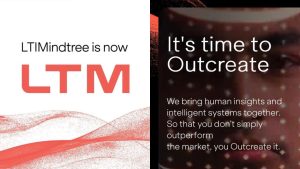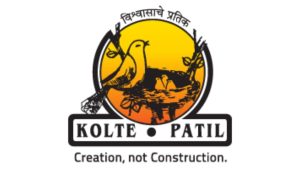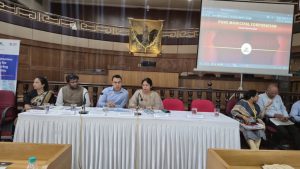After H-1B fee shock, new US tax proposal sparks fresh worries for Indian IT sector

The Indian IT industry is staring at another challenge from the United States after the recent hike in H-1B visa fees. A new proposal, known as the Halting International Relocation of Employment (HIRE) Act, has raised fears of a 25% tax on payments made by American companies to foreign outsourcing firms, which could significantly hit revenues of Indian tech majors.
The bill, introduced in the US Senate by Republican Senator Bernie Moreno, argues that outsourcing deprives Americans of jobs and revenue. If cleared, it would mean that every time an American company sends money abroad for outsourced work, be it call centres, software backend, or data processing, it would need to pay an extra tax to Washington. Some analysts have warned that the total tax burden could even touch 60% once federal, state, and local levies are included.
India’s $283-billion IT industry, which includes firms like TCS, Infosys, and Tech Mahindra, has relied heavily on US clients for over three decades. In some cases, more than 60% of revenue comes from the US market. With companies such as Apple, American Express, Citigroup, FedEx, and Home Depot on their client lists, the stakes are high.
The sector is already under pressure due to slowing tech spending in the US, driven by geopolitical uncertainty and tariff wars. The new bill, even if not passed in its current form, has created unease among Indian outsourcing firms and their clients.
Senator Moreno has pitched the proposal as a way to stop “shipping good-paying jobs overseas in pursuit of slave wages and immense profits.” But experts believe the bill may face hurdles. It must first be listed, passed by both houses of Congress, and signed into law by the President. Moreno does not yet have the backing of Donald Trump or strong consensus within his own party, and business groups are wary of higher costs.
Analysts suggest that even if sweeping restrictions are unlikely, the debate itself could nudge companies to rethink the scale of outsourcing. “More likely is a diluted version, with narrower provisions or delayed enforcement,” said Phil Fersht, CEO of HFS Research.
For now, the proposal signals Washington’s shift towards more inward-looking policies. With rising tariffs and tighter immigration norms already straining India-US trade ties, the IT sector finds itself once again at the heart of a political storm.










